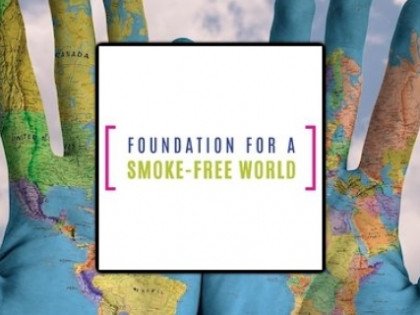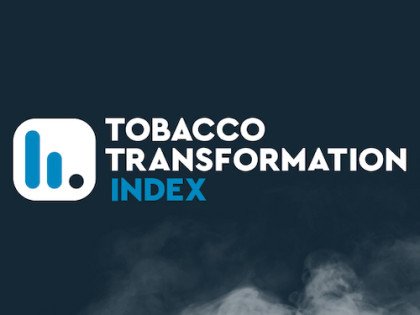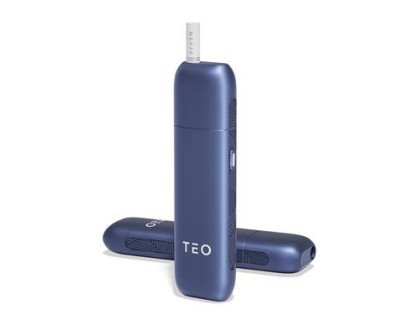The ban has been justified using some exceptionally flawed pieces of research (with all the appearance of having been designed to support this move from the outset). There was a move to ban vaping in 2016 but that met with resistance and was dropped for being too “problematic”.
Inevitable questions are also being raised about the inconsistency in the approach to harm reduction. With one of the main driving factors being a desire to keep young people from apparent harm – some are wondering why the sale of tobacco products is still allowed?
Steven Vines asks: “If vaping is just as bad or almost as bad as smoking tobacco why on earth has the sale of tobacco products not been banned? If e-cigarettes present a particular threat to the health of young people, why is nothing being done to eliminate much greater, proven health risks involving products targeted at young people that are full of carbohydrates and unsaturated fats – not forgetting the menace of monosodium glutamate that is heavily used in Hong Kong?”
The Legislative Council of Hong Kong was considering a much more reasoned approach during the summer, with a ban on sales to under-18s and health warnings on packaging.
The undercurrent was always negative though, the Secretary for Food and Health said: “Other than the health impact, I am worried that e-cigarettes and other new tobacco products will begin to become the smoking gateway for youths. Once they have a habit of using these products, it is possible that they will turn to smoking.”
Vines continued: “the only immediate beneficiary of the new ban will be the tobacco companies, which can look forward to reversing the trend of declining cigarette sales.”
Justifying the move, Carrie Lam said: "There is a lack of sufficient evidence to prove the products can help quit smoking."
Sufficient? Public Health England would beg to differ.
Coalition on Tobacco Affairs spokesperson Christine Hu commented: “We are disappointed by the government’s selective and blind adoption of views expressed by certain groups, and ignored opinions from the industry and scientific data [about the products] from overseas.”
The ban also includes herbal and heated tobacco products. Unsurprisingly, the tobacco industry is very aggrieved. “It’s a very wrong thing to do because the alternative is to continue smoking,” said Andre Calantzopoulos, CEO of Philip Morris International.
Dave Cross
Journalist at POTVDave is a freelance writer; with articles on music, motorbikes, football, pop-science, vaping and tobacco harm reduction in Sounds, Melody Maker, UBG, AWoL, Bike, When Saturday Comes, Vape News Magazine, and syndicated across the Johnston Press group. He was published in an anthology of “Greatest Football Writing”, but still believes this was a mistake. Dave contributes sketches to comedy shows and used to co-host a radio sketch show. He’s worked with numerous start-ups to develop content for their websites.
Join the discussion
Foundation Splits From Tobacco Funding
With a new President and Chief Executive Officer at the helm, the Foundation for a Smoke-Free World has acted to eschew tobacco industry funding and seeks wider cooperation and understanding
UKVIA Goes Tobacco Free
Tobacco company membership of The UK Vaping Industry Association has ended and the trade body says no new memberships will be granted to companies linked to the sector
The 2022 Tobacco Transformation Index
The Foundation for a Smoke-Free World has released its 2022 Tobacco Transformation Index, detailing the activities of the tobacco industry that influence achieving a smoke-free world
Tea Leaf Heat-Not-Burn
Neafs has launched a revolutionary tea leaf-based heat-not-burn product to the United Kingdom and is carrying out a huge marketing push











